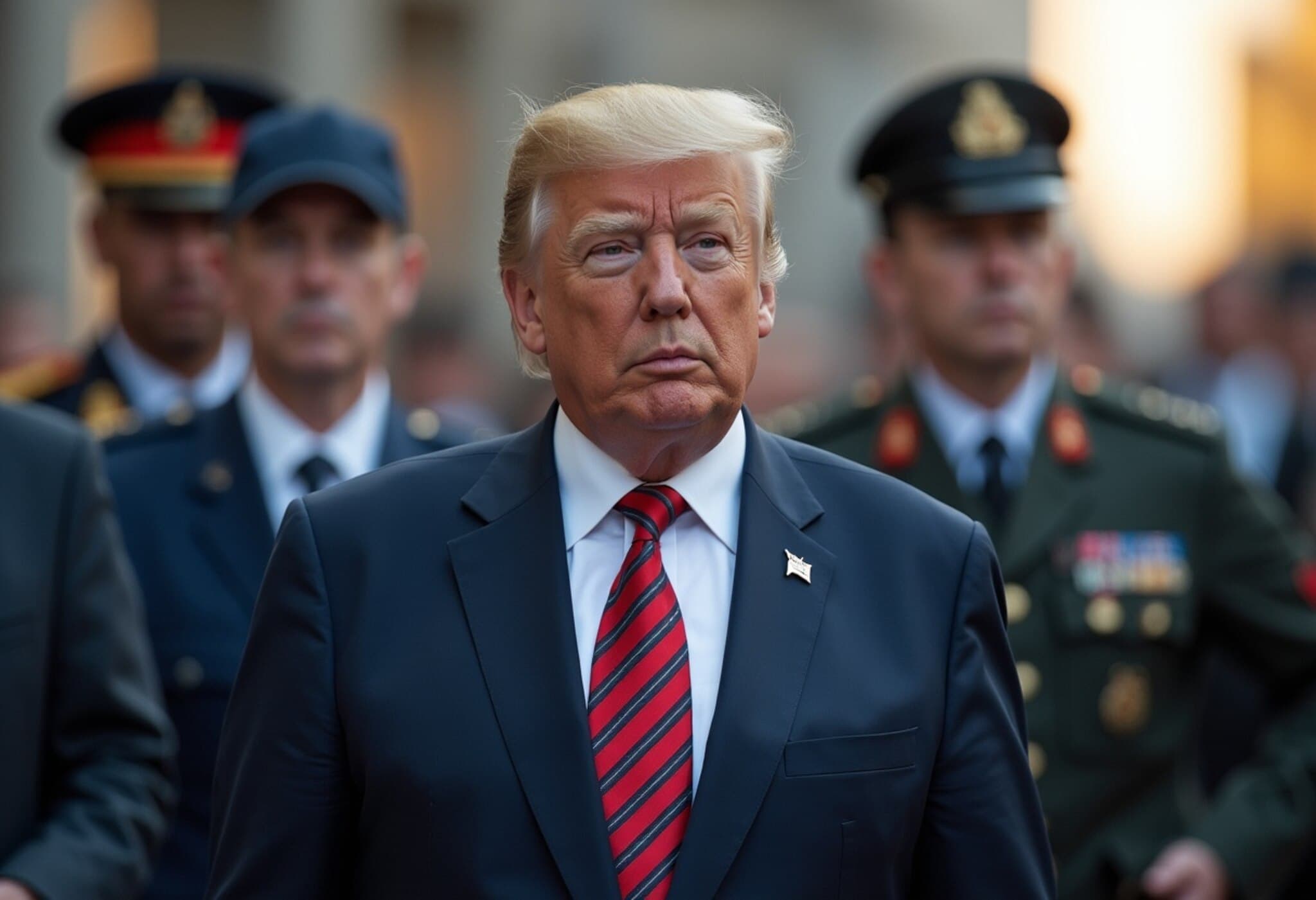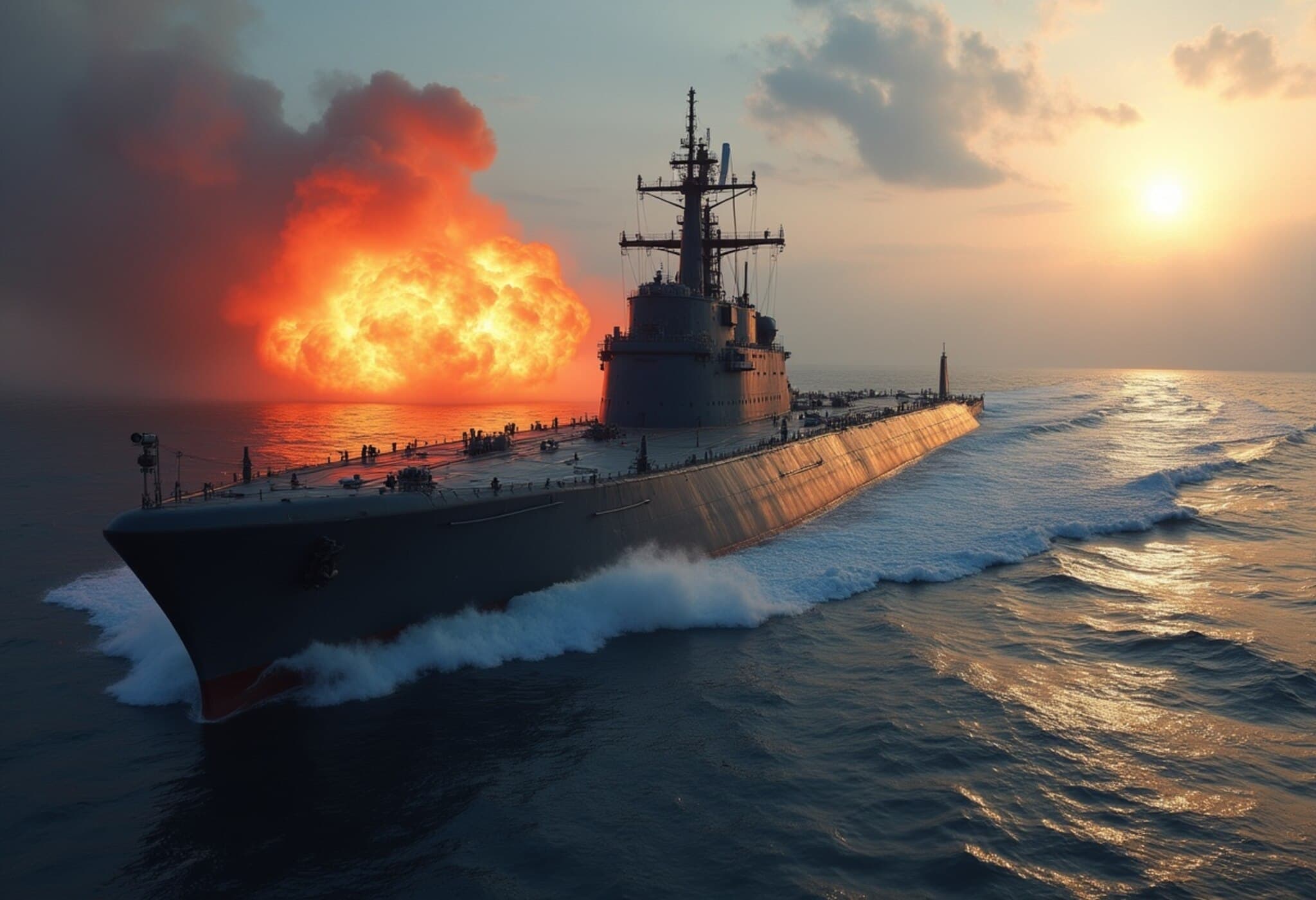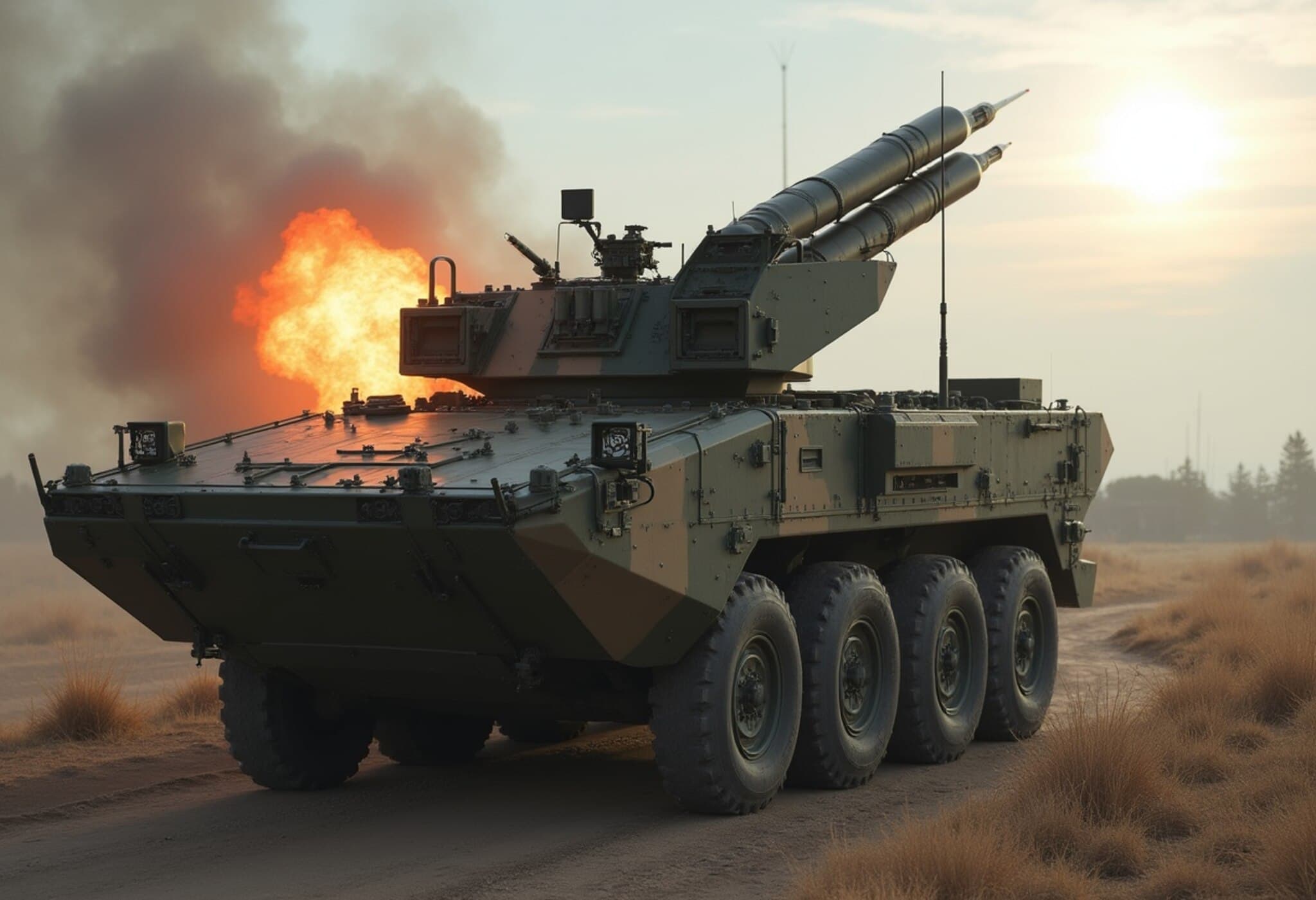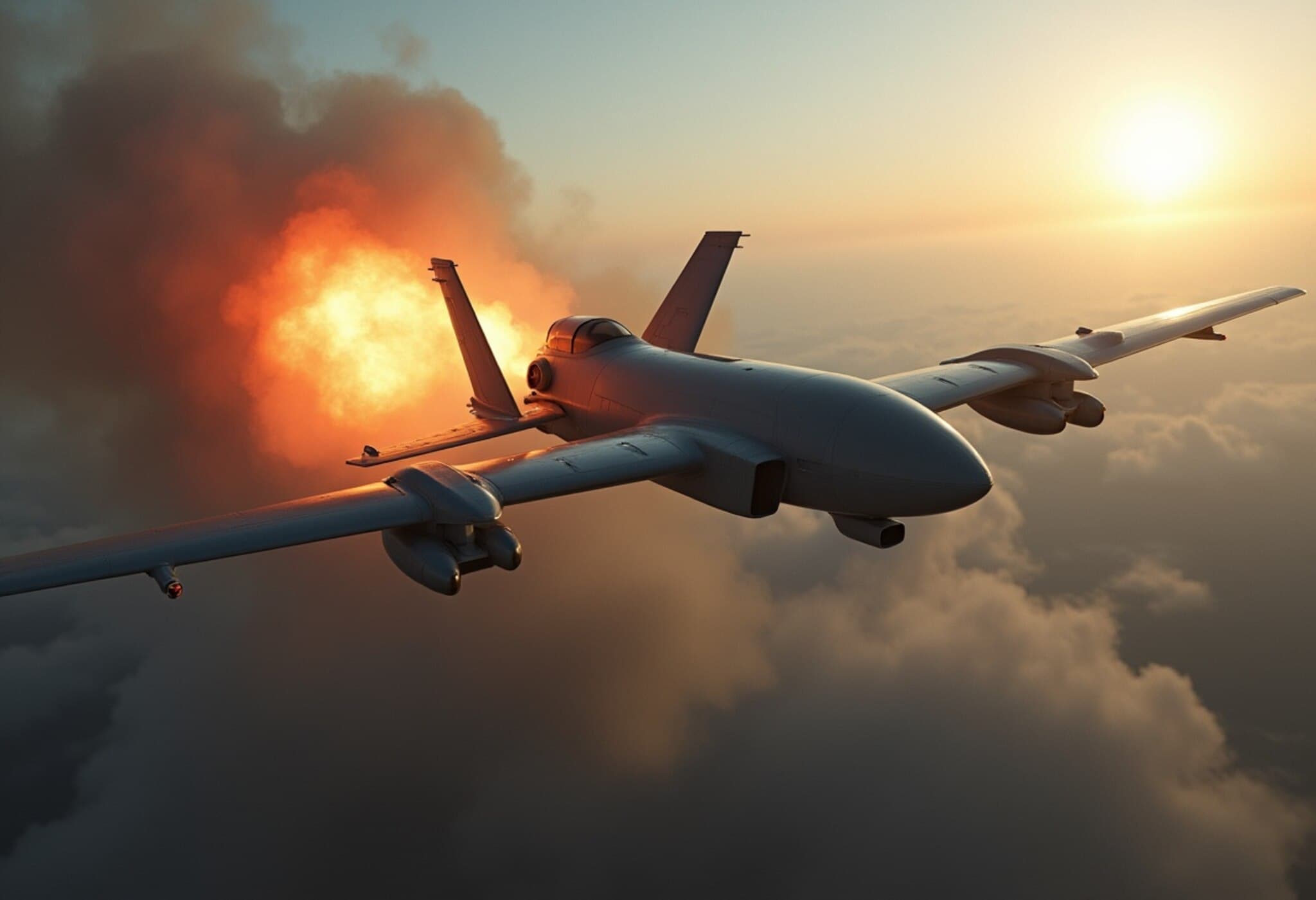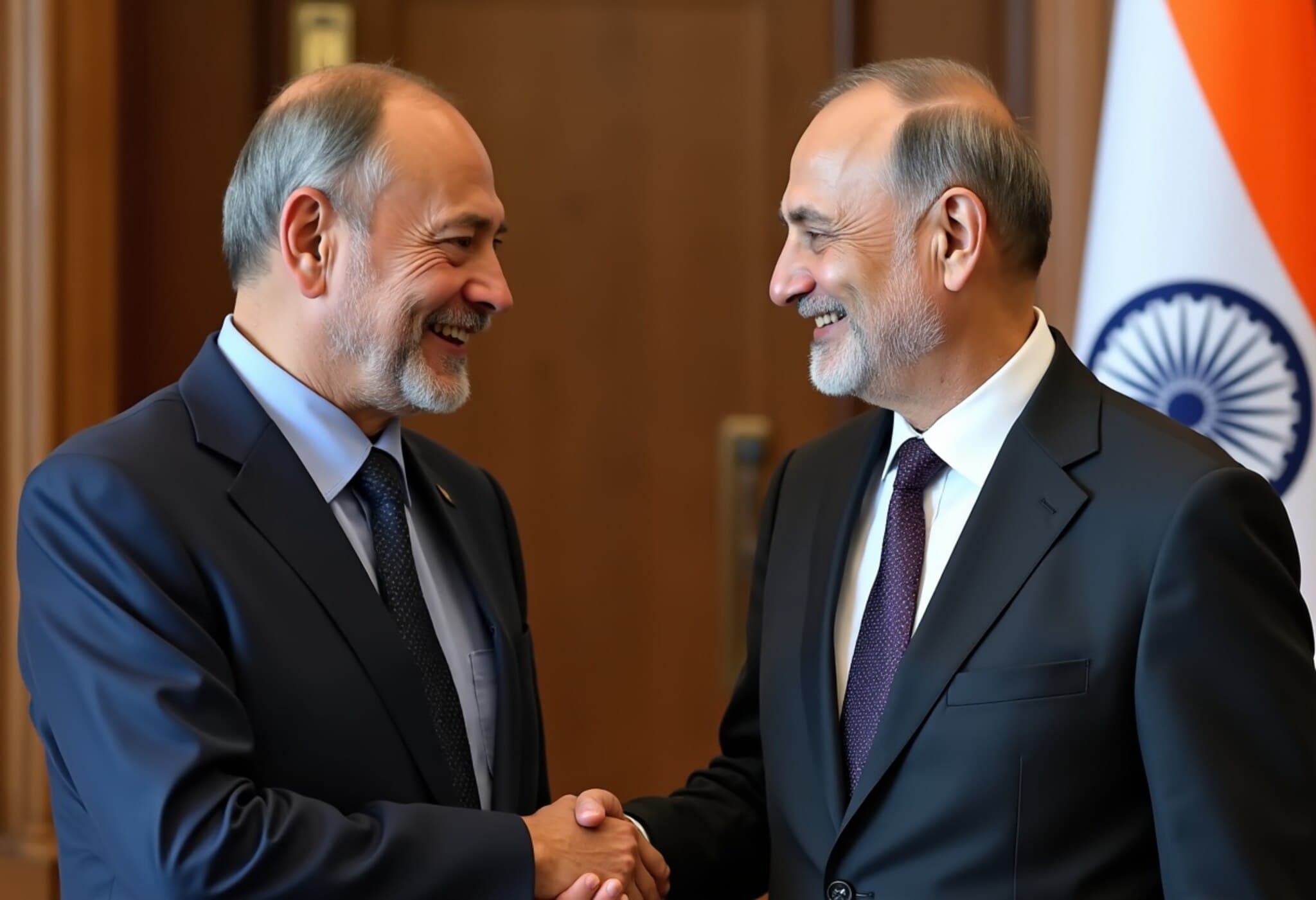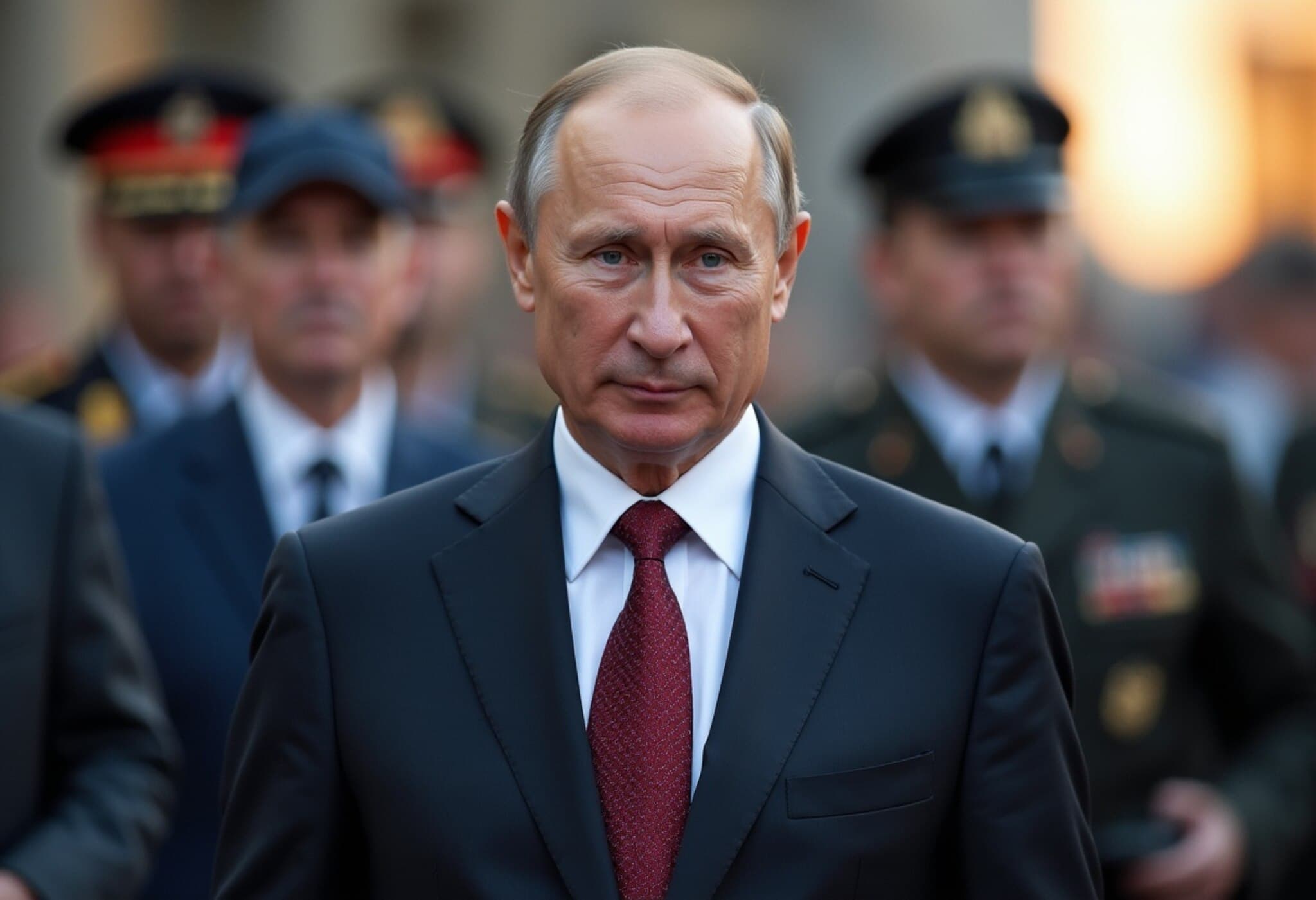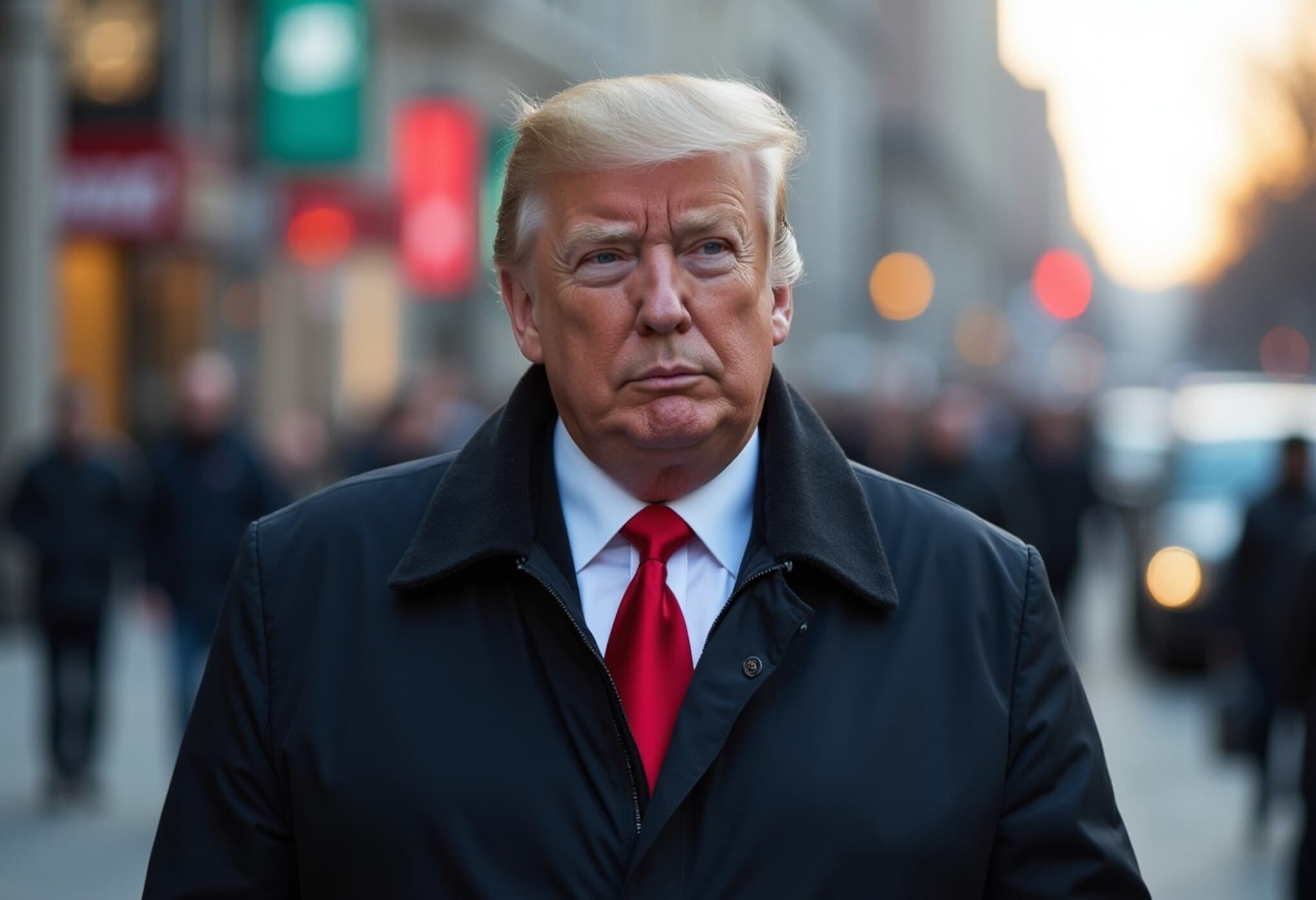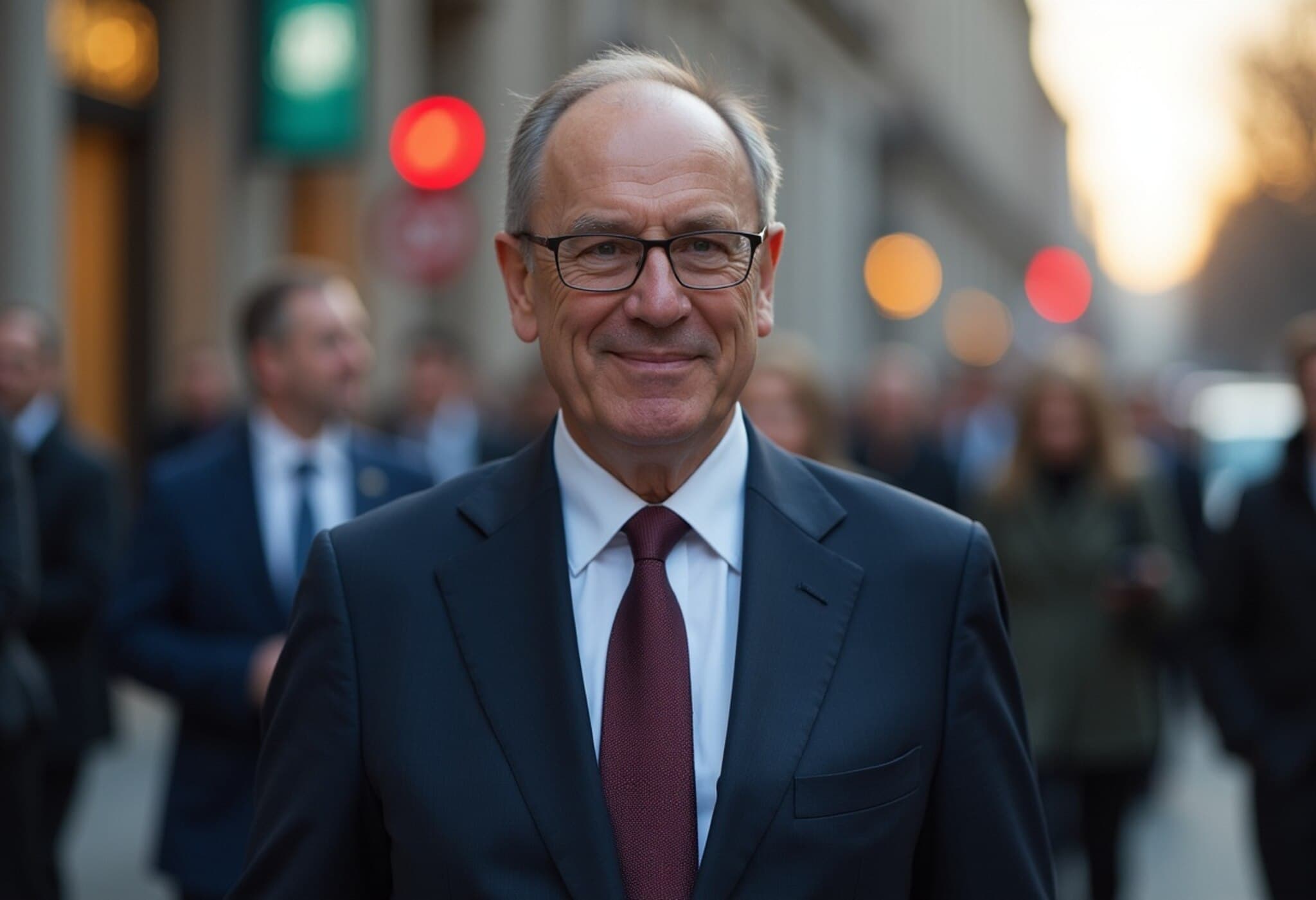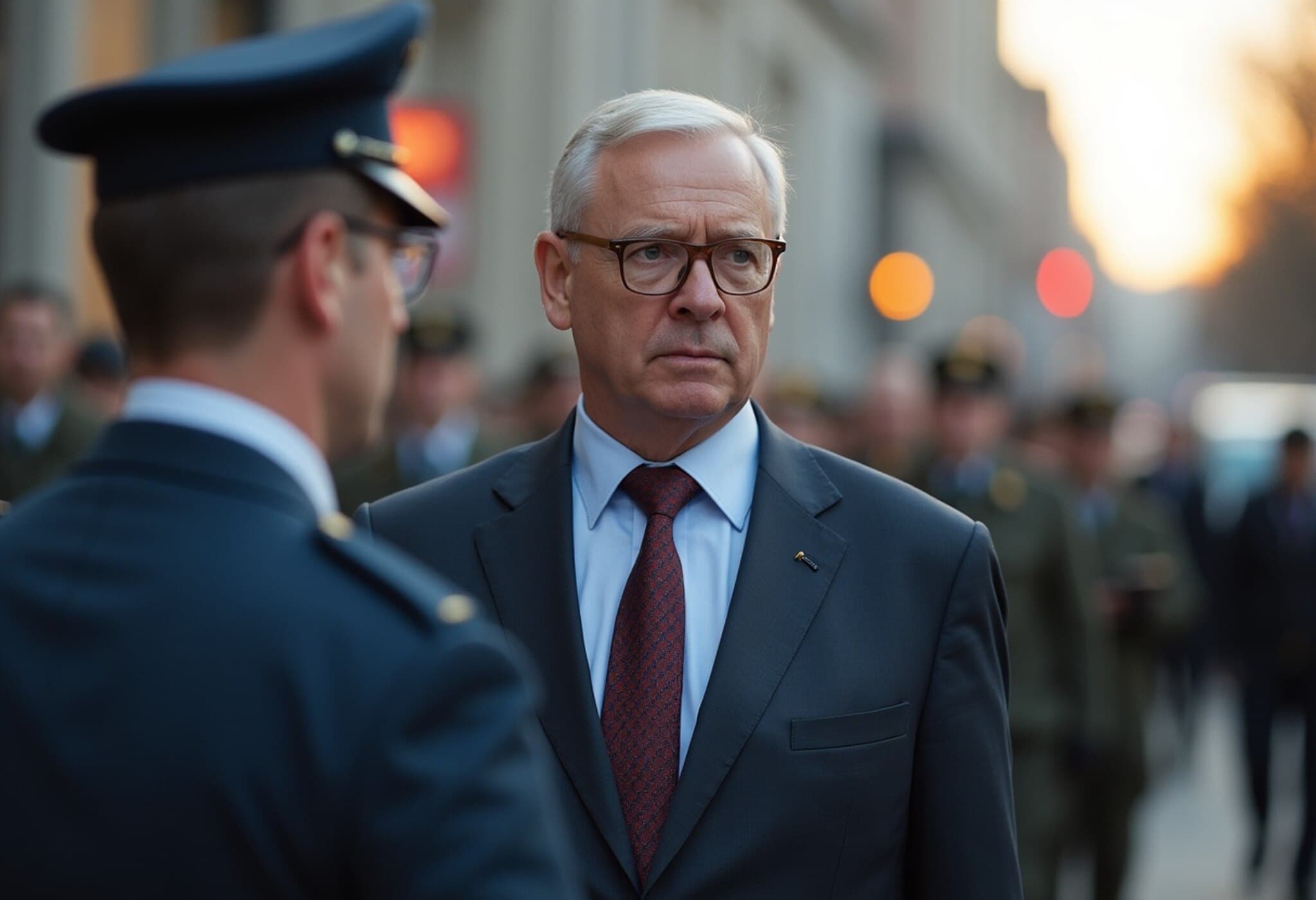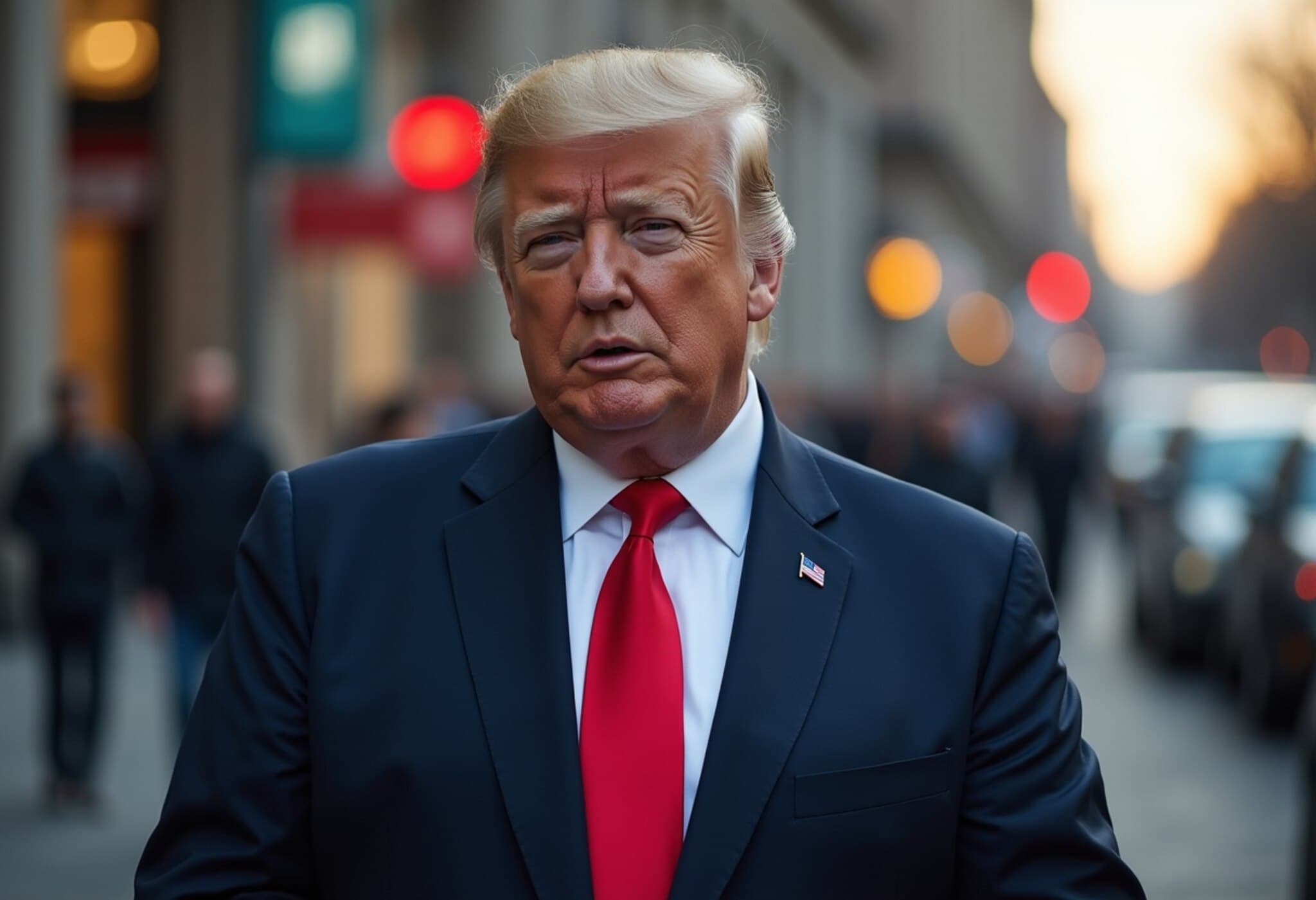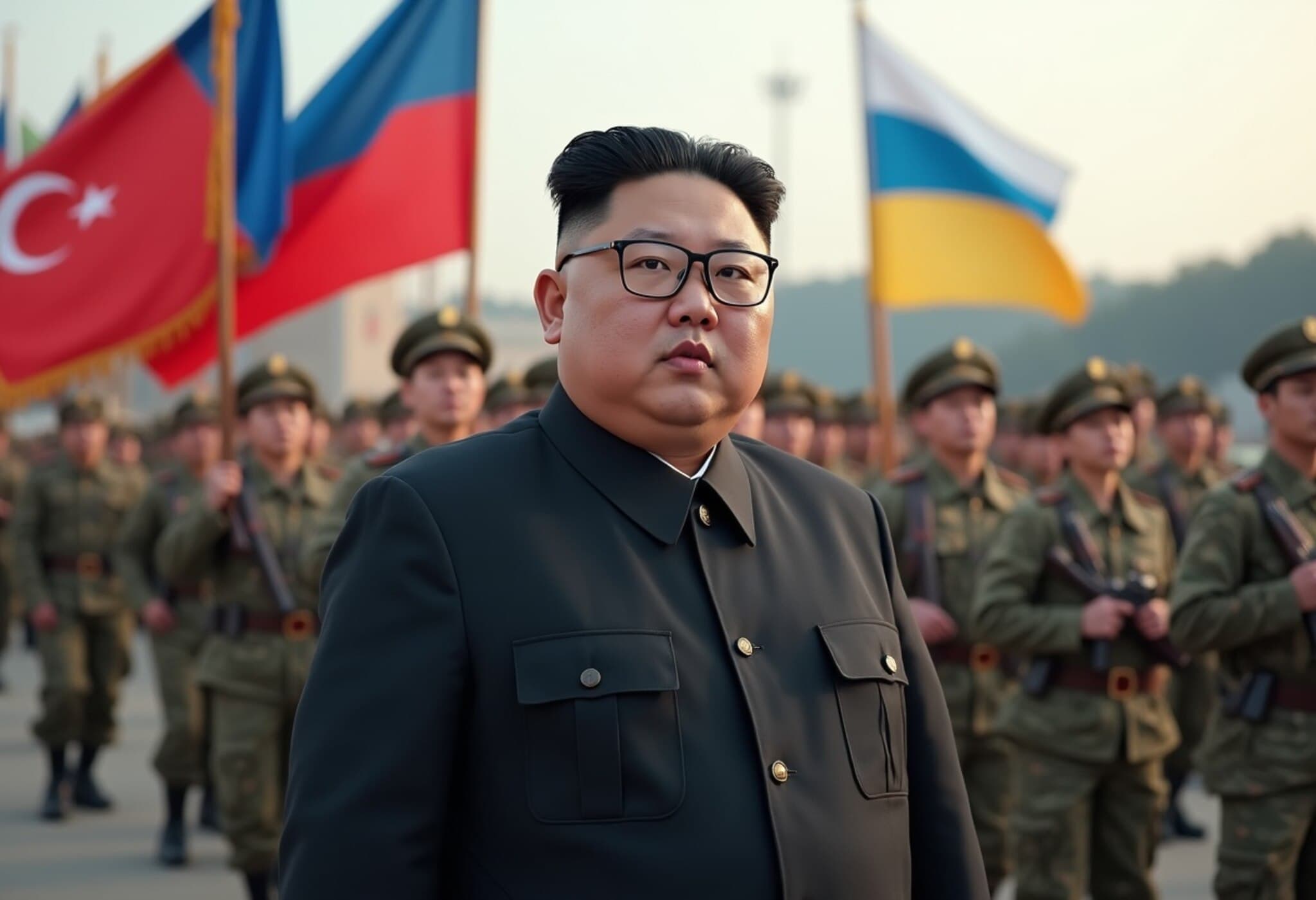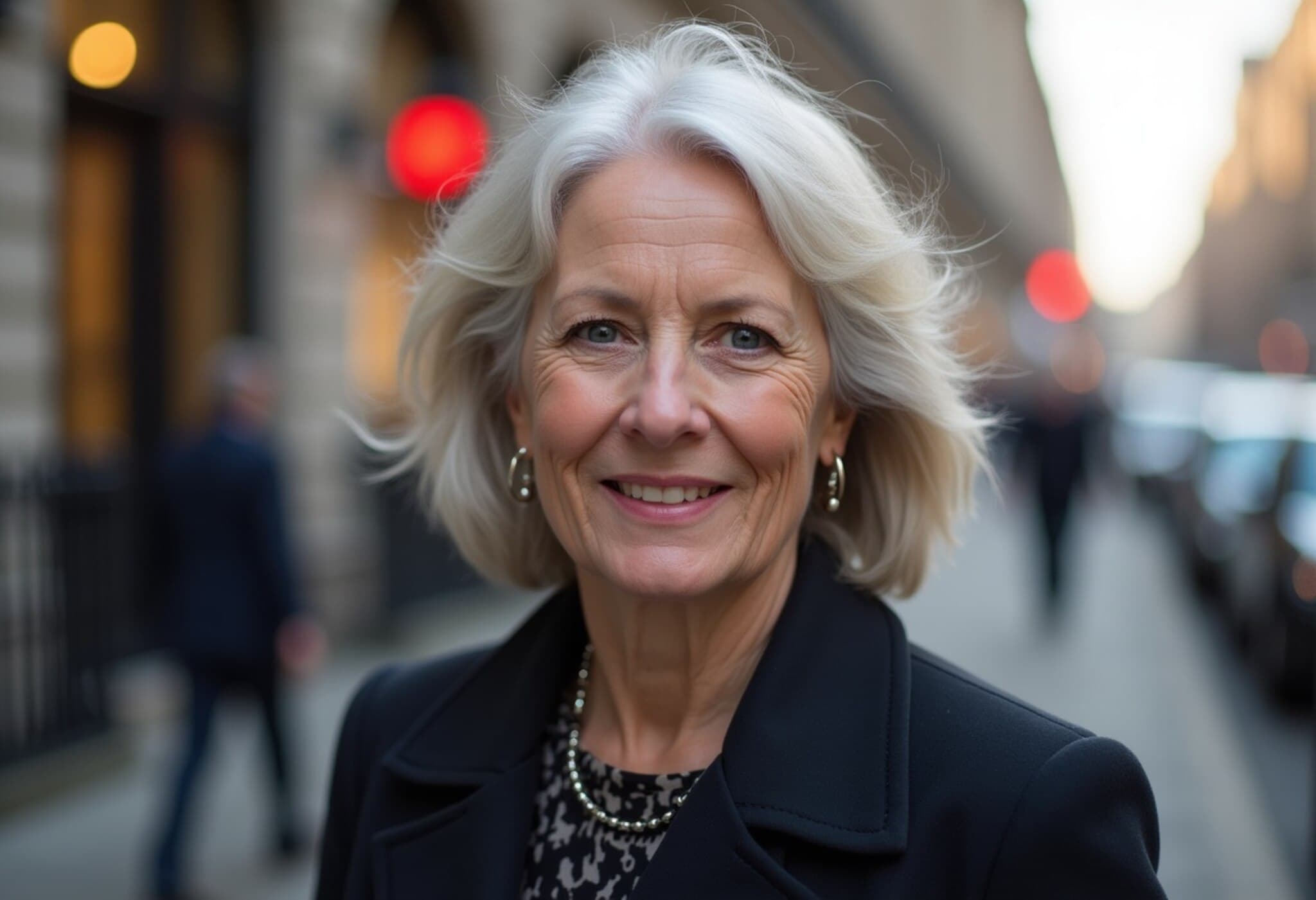Russian Foreign Minister Challenges NATO’s Ukraine Security Discussions
As NATO defense chiefs convened to deliberate potential security guarantees for Ukraine, Russian Foreign Minister Sergey Lavrov issued a stark warning: any discussions excluding Moscow were bound to fail. This pronouncement arrives in the midst of ongoing diplomatic efforts to resolve the conflict that has gripped Eastern Europe for over three years.
NATO’s Diplomatic Push and Moscow’s Rejection
On August 21, 2025, NATO's military committee chair, Italian Admiral Giuseppe Cavo Dragone, brought together 32 defense chiefs via video conference to candidly discuss how to strengthen Ukraine's security framework without escalating tensions further. The meeting marked the latest attempt by Western allies to explore measures that could curtail the ongoing war.
However, Lavrov was quick to dismiss these steps. He emphasized that meaningful security arrangements cannot be engineered behind Russia’s back, stating, “Questions of security cannot be resolved without Russia”. He further denounced the idea of establishing collective security guarantees for Ukraine without involving Russia as “utopic” and a “road to nowhere.”
The U.S. Position: Assistance Without Troops
Lavrov’s comments followed confirmation from former U.S. President Donald Trump that America will not deploy troops to Ukraine to enforce any peace settlement. In an exclusive interview with Fox News, Trump assured Americans, “You have my assurance, and I’m president,” that no boots will touch Ukrainian soil.
Nonetheless, Trump left the door open for providing air support, clarifying that while NATO membership for Ukraine remains off the table, “There’ll be some form of security. It can’t be NATO.” The hint at possible air assistance underscores ongoing U.S. interest in backing Kyiv without direct combat involvement.
Expert Insight: What Lavrov’s Stance Reveals About Moscow’s Strategy
Russia’s insistence on being an indispensable player in future security discussions signals a broader geopolitical strategy—one focused on maintaining influence over Ukraine and deterring Western encroachment. By branding NATO’s proposals as futile, Lavrov aims to project Moscow as both a necessary interlocutor and a formidable power capable of shaping the conflict's outcome.
American policy experts highlight that this stance complicates diplomatic efforts. John Peterson, a senior analyst on Eastern European affairs, notes, “Lavrov's rejection underscores the paradox facing the West—how to provide meaningful security guarantees to Ukraine without provoking Moscow or conceding spheres of influence.”
Trump’s Role and the Uncertainty Ahead
The recent convening of Ukrainian and European leaders at Trump's hosted summit added another layer of complexity. Trump suggested that he anticipated resistance from President Putin toward any agreement, warning that if Putin refuses to engage, “he would face severe consequences.” This public signaling serves as a reminder of the fragile and unpredictable nature of negotiations.
Looking Forward: Can Peace Be Achieved Without Russia’s Consent?
The situation raises critical questions about the efficacy of Western strategies that exclude direct Russian involvement. Is it realistic to expect lasting peace without Moscow at the table? And how will the U.S. balance its support for Ukraine with demands to avoid open conflict with Russia?
As the international community watches closely, the coming weeks may reveal whether diplomacy can bridge the divide or if the conflict will persist, entrenched by competing narratives of security and sovereignty.
Summary Box: Key Takeaways
- Russian FM Lavrov: Security guarantees for Ukraine without Russia are ‘a road to nowhere.’
- NATO Defense Chiefs: Engaged in talks to strengthen Ukraine’s security amid ongoing war.
- Trump’s Stance: No U.S. troop deployment in Ukraine; air support remains possible.
- Expert View: Moscow’s rejection complicates peace efforts but underscores Russia’s strategic interests.
- Critical Question: Can sustainable peace be negotiated without Russia’s consent?
Editor’s Note
The unfolding discourse around Ukraine’s security highlights the delicate dance between power, diplomacy, and trust in international relations. Lavrov’s adamant warning serves as a reminder that any sustainable resolution to the Ukrainian crisis will inevitably require engagement with Russia, despite the prevailing tensions. As nations wrestle with how to uphold Ukraine’s sovereignty and regional stability, the challenge remains: to conceive a peace plan that acknowledges geopolitical realities without compromising principles of sovereignty and security.
Stay informed on this evolving story as policymakers navigate these complex dynamics that will shape European and global security for years to come.

